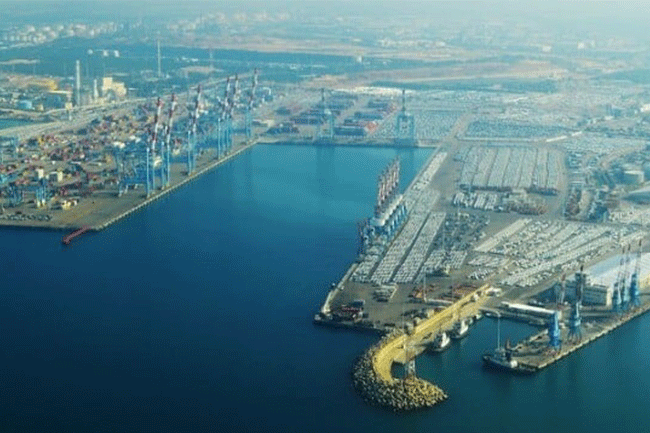
This article analyzes the current status and key operational points of fabric import agency: Chinas textile imports grew 8.6% in Q1 2023 with rising demand for high-end fabrics. Detailed breakdown of three key processes - supplier screening, trade negotiation, and customs clearance - providing practical advice on quality certifications, FOB/CIF term selection, plus risk prevention strategies for exchange rates and customs clearance. Recommends enterprises seize RCEP opportunities, diversify procurement channels, and strengthen digital supply chain management to enhance competitiveness.
IV. Future trends and response strategies
I. Current status of fabric import agency market
II. Complete process analysis of fabric import agency
- According to latest customs data, Chinas textile imports reached $4.5 billion in Q1 2023, up 8.6% YoY. Among them, imports of high-end functional fabrics showed significant growth, reflecting market consumption upgrade trends.
- Key evaluation metrics:
- Factory scale and production capacity
- On-time delivery rate
- Sample test report
- Field visit considerations: Inspect production equipment, inventory management, quality inspection processes
2. Conditions of TradeNegotiation skills
| Clause types | Applicable scenes | Precautions |
|---|---|---|
| FOB | Control transportation costs | Confirm shipping port cost details |
| The CIF | Simplify logistics operations | Verify insurance coverage |
| L/C | First-time cooperation | Confirm document submission requirements |
Trade term negotiation techniques
Essential document checklist:
- Commercial Invoice
- Packing List
- Certificate of Origin (COO)
- Bill of Lading (B/L)
- Quality inspection report
Customs clearance process and document preparation
III. Risk prevention and practical recommendations
- Quality disputes: Recommend signing detailed quality clauses
- Exchange rate fluctuations: Adopt hedging strategies
- Customs clearance delays: Confirm HS codes in advance
Common risk points
- Establish a supplier grading management system
- Purchase trade credit insurance
- Regularly update product test reports
- Establish emergency response mechanisms
Practical operation suggestions
With the full implementation of the RCEP agreement, import tariffs on textile raw materials in Southeast Asia will continue to decrease. Recommendations:
- Expand diversified procurement channels
- Pay attention to green certification requirements
- Optimize digital supply chain management
Conclusion: Import fabric agency business requires professional knowledge and practical experience accumulation. It is recommended that enterprises establish a comprehensive risk control system, continuously optimize supply chain management, and maintain competitive advantages in the fierce market competition.


 Follow Customer Service WeChat
Follow Customer Service WeChat